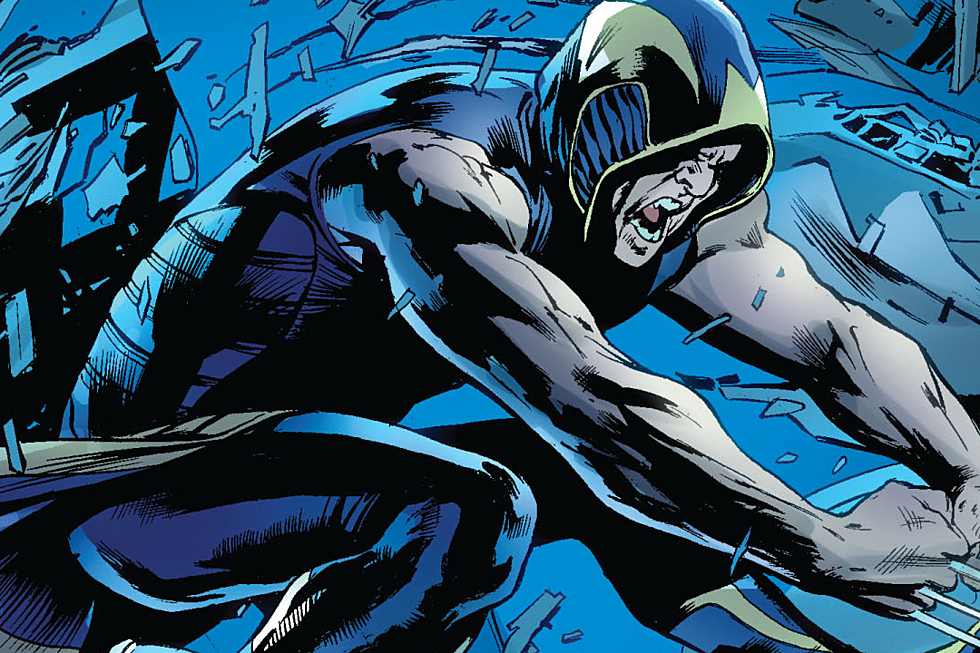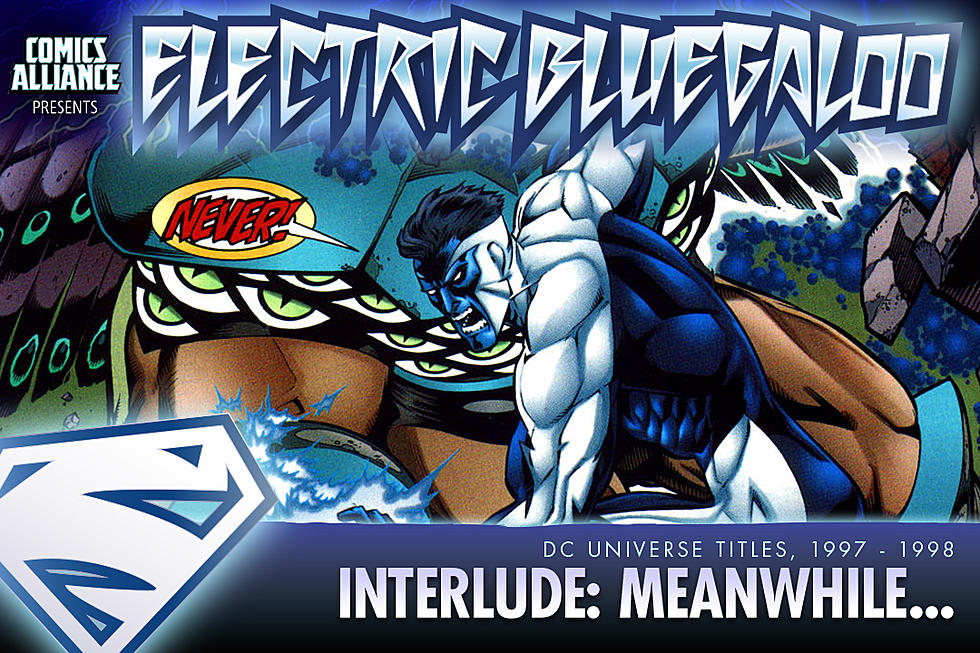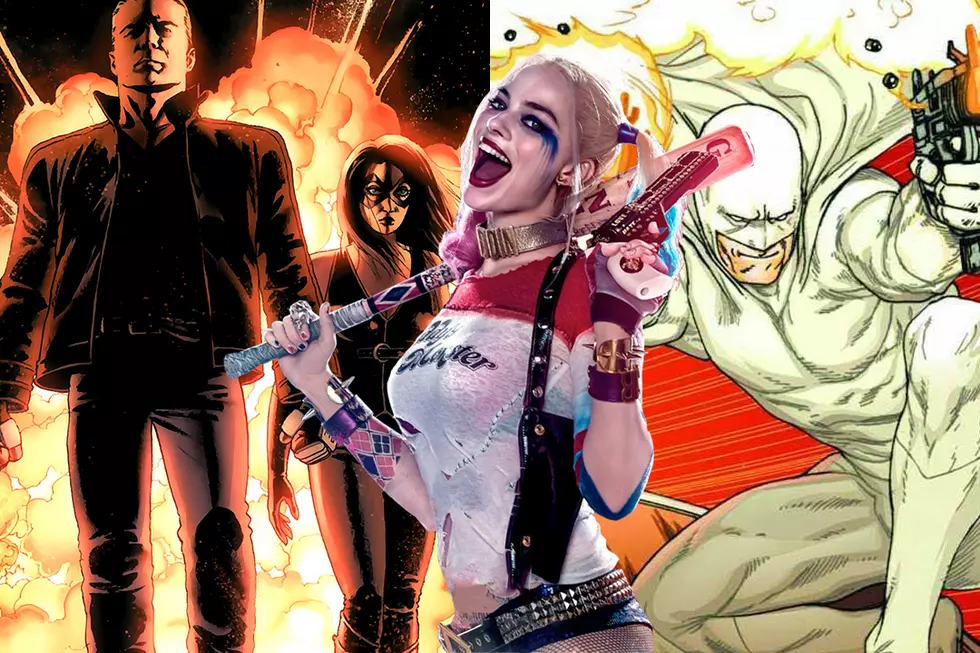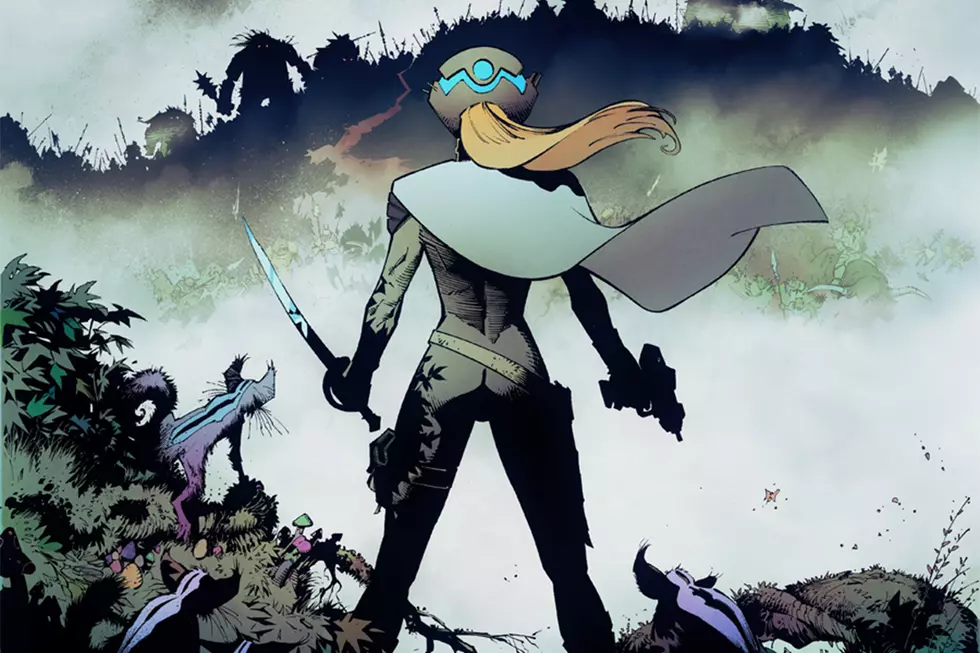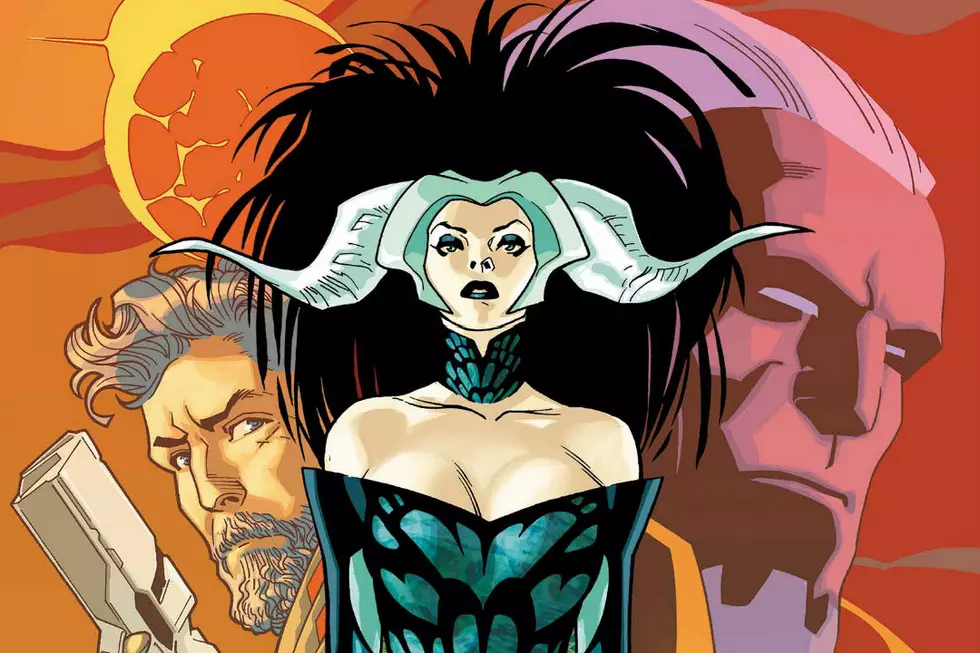
Mark Millar On The Use Of Rape In His Comics: ‘I Don’t Really Think It Matters’
In an article posted on The New Republic's website about his controversial body of work, Mark Millar -- the writer of Jupiter's Legacy, Kick-Ass, The Authority, and Superman: Red Son -- was asked about the many depictions of rape in his comics. The writer, whose attitudes toward rape in comics have been called into question in the past, said simply: "I don't really think it matters."
Here is the full quote:
The ultimate [act] that would be the taboo, to show how bad some villain is, was to have somebody being raped, you know? I don't really think it matters. It's the same as, like, a decapitation. It's just a horrible act to show that somebody's a bad guy.
It immediately follows, and stands in stark contrast to, a comment from former ComicsAlliance editor-in-chief Laura Hudson, who was asked for her thoughts on a scene from Kick-Ass 2 in which a group of villains gang-rape a teenage girl:
There's one and only one reason that happens, and it's to piss off the male character,” she said. “It's using a trauma you don't understand in a way whose implications you can't understand, and then talking about it as though you're doing the same thing as having someone's head explode. You're not. Those two things are not equivalent, and if you don't understand, you shouldn't be writing rape scenes.
This is hardly a new position for Millar. In a 2011 interview, he described the discussion of sexism and negative portrayals of women in comics as "a tiny storm in a tea-cup":
I think it's meaningless. A tiny storm in a tea-cup. And in ten years time I'll copy and paste this again when the argument raises it's head like it did a decade ago. The fact is that more women are reading comics right now than at any point in my life and they're not picking them up because they feel they're demeaning in any way.
In a culture in which rape is undeniably endemic, Millar's steadfast refusal to consider the potential ramifications of his work remains astounding, infuriating, irresponsible, and sad. In the United States, where the majority of Millar's comics are published and sold, one in six women has experienced an attempted or completed rape, only 16% of rapes and sexual assaults are reported to the police, and only about 5% of rapists will ever spend a day in jail. In Scotland, where Millar resides, incidences of rape and attempted rape increased by 15% from 2011-12 to 2012-13. These are not statistics one typically associates with decapitation.
The idea that rape in comics is just a way "to show that somebody's a bad guy" also seems questionable. While I've not taken an official survey of the reading public, I doubt very many people read a comic featuring a villain robbing a bank or terrorizing a town and think "How do I know this guy is really bad. I mean, would he rape someone?"
To pretend depictions of rape and sexual assault in popular fiction play absolutely no role in further informing a culture that seems largely hellbent on not dealing with these statistics is, at best, willfully ignorant, a position adopted by a writer more concerned about the money he's making than actually improving as a creator. Notably, the aforementioned gang-rape in Kick-Ass 2 will not be in the upcoming film adaptation. Christopher Mintz-Plasse, who plays one of the villains from that scene, was relieved when told that it would not be used: "The rape scene is not in it. There’s a version of it but there’s no rape. Thank God.” Millar had earlier said the scene would appear in the film, so its removal was likely to his chagrin. Because it doesn't really matter.
All that said, I think one thing in his quote to The New Republic was accurate: when you read Millar's comics, you walk away knowing exactly who the bad guy is.
More From ComicsAlliance

